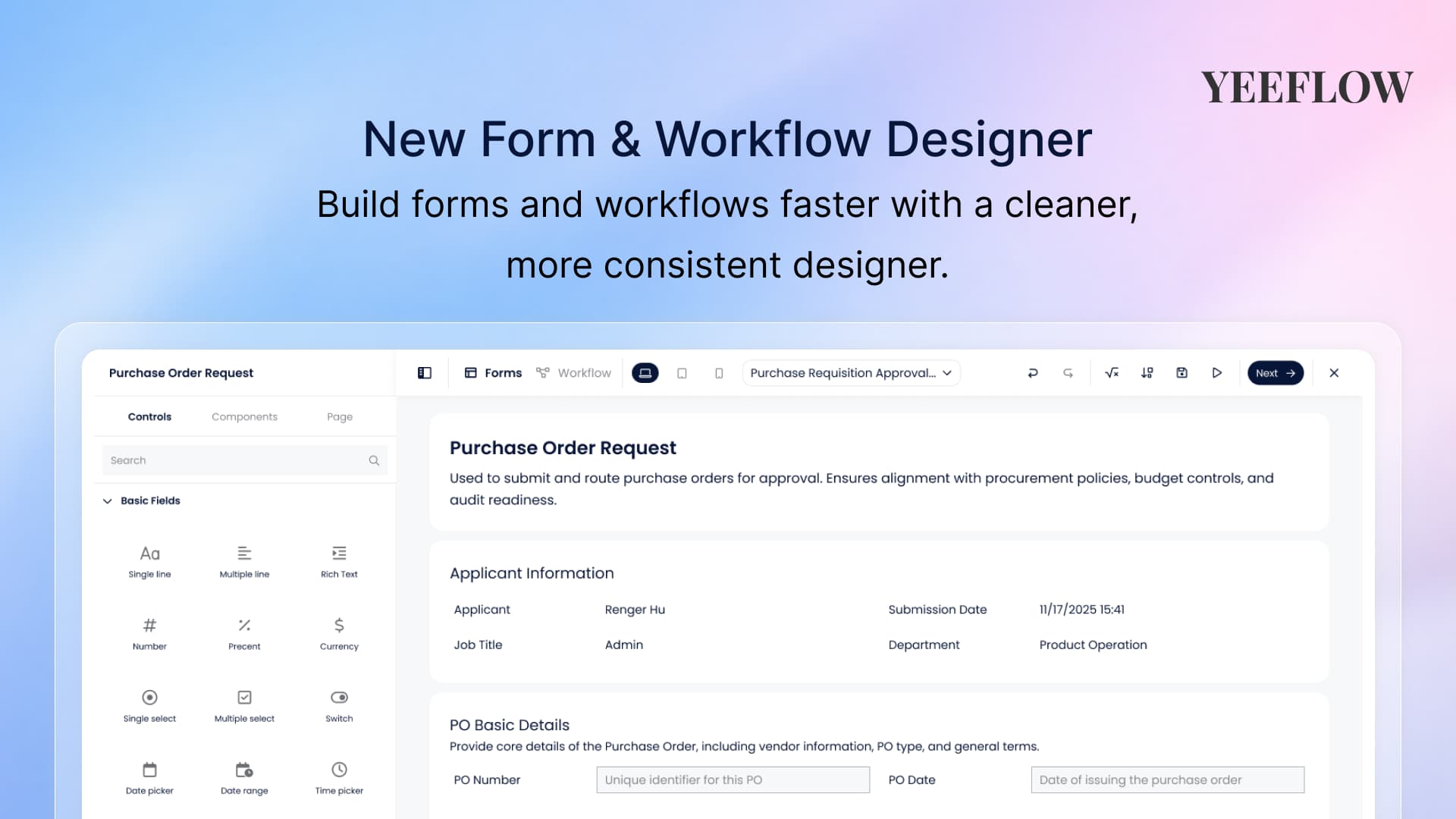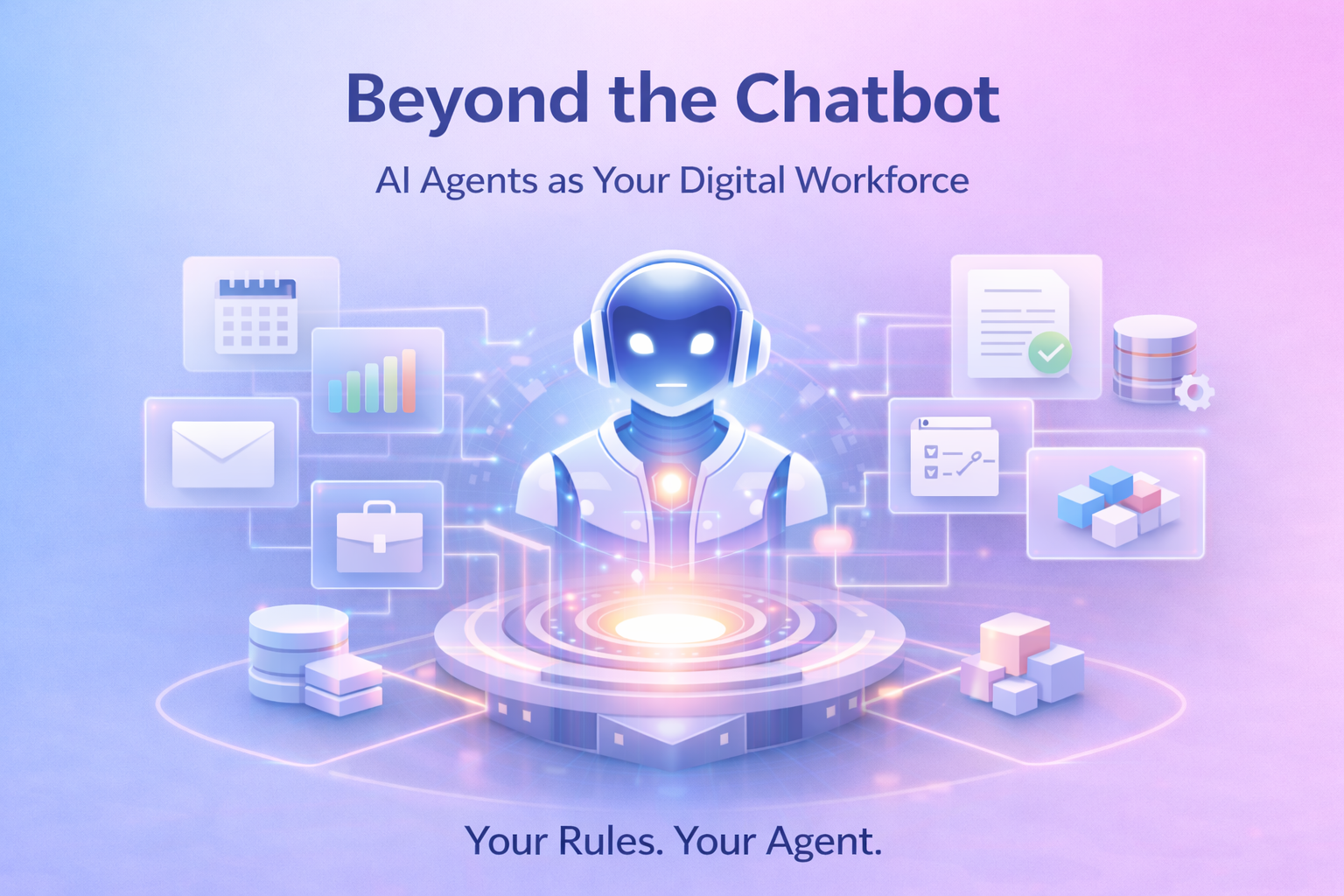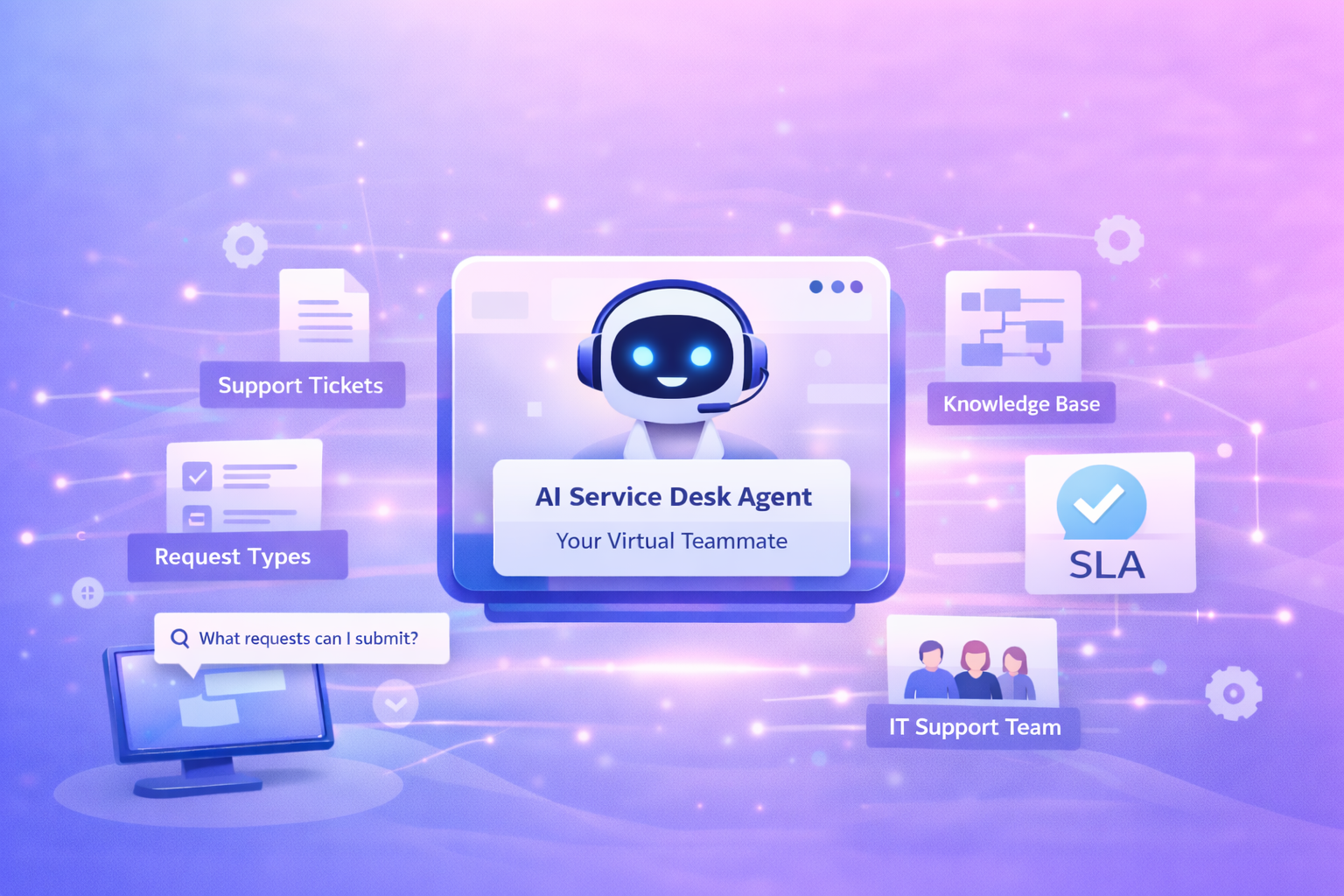In the modern era, the healthcare industry is experiencing a profound transformation through the adoption of digital technologies. This digital shift has the potential to revolutionize patient care, streamline administrative tasks, and enhance the overall healthcare experience. In this article, we explore the key aspects of digital transformation in healthcare and its impact on patient care.
Understanding Digital Transformation in Healthcare
Digital transformation in healthcare represents the convergence of technology and healthcare practices to improve patient outcomes and operational efficiency. It encompasses a range of strategies, including the digitization of medical records, the use of telemedicine, and the integration of data-driven decision-making into healthcare processes.
The primary drivers of digital transformation in healthcare include:
- Improved Patient Care: The central goal is to enhance patient care through streamlined processes, efficient data management, and the utilization of technology to support medical professionals.
- Cost Reduction: By automating manual tasks and improving operational efficiency, digital transformation aims to reduce healthcare costs for providers and patients.
- Regulatory Compliance: Healthcare is a highly regulated industry, and digital transformation ensures that healthcare organizations can meet stringent regulatory requirements, such as HIPAA in the United States.
- Data Explosion: The increasing volume of healthcare data, from electronic health records to medical imaging, necessitates digital tools for efficient management and analysis.
.jpg)
The Role of Workflow Automation in Healthcare
Workflow automation is a fundamental component of digital transformation in healthcare. By automating various healthcare processes, organizations can achieve the following benefits:
- Efficiency: Automation reduces manual intervention in tasks, enabling healthcare professionals to dedicate more time to patient care.
- Accuracy: Automation minimizes the likelihood of errors in administrative processes, ensuring that medical records and data remain accurate.
- Cost Savings: Streamlined workflows lead to cost reduction, making healthcare services more affordable and accessible.
- Enhanced Patient Care: With administrative tasks automated, healthcare providers can focus on patient engagement and care.
Applications of Workflow Automation in Healthcare
Let's explore some practical applications of workflow automation in healthcare:
Patient Data Management:
- Managing patient data is a central aspect of healthcare.
- Automation streamlines the digitization and centralization of patient records, improving data accessibility and security.

Appointment Scheduling and Patient Engagement:
- Automation simplifies appointment scheduling, reduces wait times, and enhances patient engagement through features like appointment reminders.
Administrative Workflow Optimization:
- Automation can be applied to various administrative tasks, including billing, insurance claims processing, and staff management.
- This reduces paperwork and errors, leading to greater efficiency.
Clinical Process Optimization:
- Clinical workflows, from patient care to medical procedures, can be optimized with automation.
- This ensures that healthcare providers can coordinate care more effectively and deliver timely services.
Quality Control and Compliance:
- Workflow automation helps healthcare organizations maintain quality standards and adhere to regulatory compliance.
- It simplifies the management of audits, compliance reporting, and adherence to healthcare guidelines.
.jpg)
Challenges and Considerations
While workflow automation offers substantial benefits, its implementation may come with challenges. These can include resistance to change among staff, interoperability issues with existing systems, and the need for training and support. Healthcare organizations should be prepared to address these challenges to ensure a successful digital transformation.
Future Trends in Healthcare Digital Transformation
The healthcare industry is constantly evolving, with emerging trends in technology, telemedicine, and data analytics. As digital transformation continues, the integration of telehealth services and the utilization of big data for predictive analytics in healthcare are expected to become more prominent.
.jpg)
What's Next for Digital Transformation in Healthcare?
The journey of digital transformation in healthcare is an ongoing one. What's next? It's about embracing emerging technologies such as AI and machine learning to make data-driven predictions, optimize care pathways, and identify potential health risks. It's about further enhancing telemedicine and remote patient monitoring to extend the reach of healthcare services to remote areas. It's about continuing to invest in data security and privacy measures to protect sensitive patient information in an increasingly digital world.
In conclusion, the digital transformation in healthcare is far from over. It's a dynamic journey that holds the promise of making healthcare more patient-centric, cost-effective, and data-driven. With ongoing innovations and the integration of cutting-edge technologies, the future of healthcare looks bright, with the potential to improve patient outcomes and enhance the overall healthcare experience.

.jpg)




.png)
